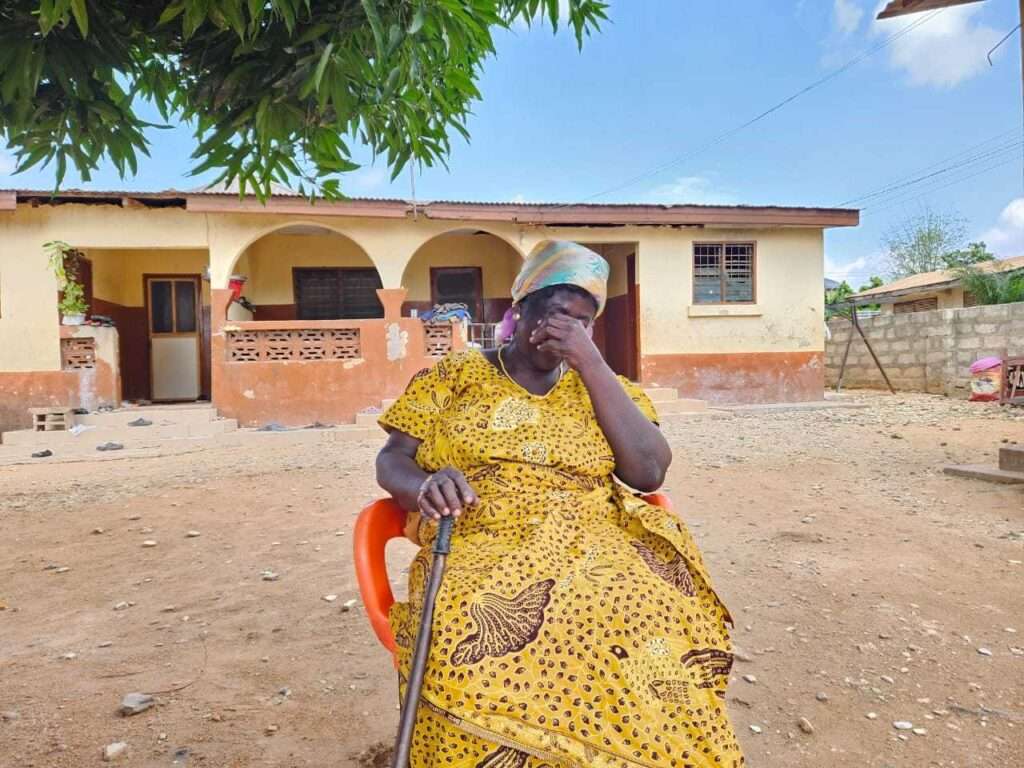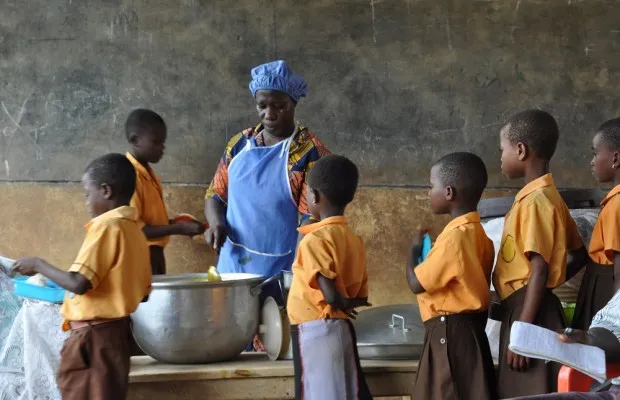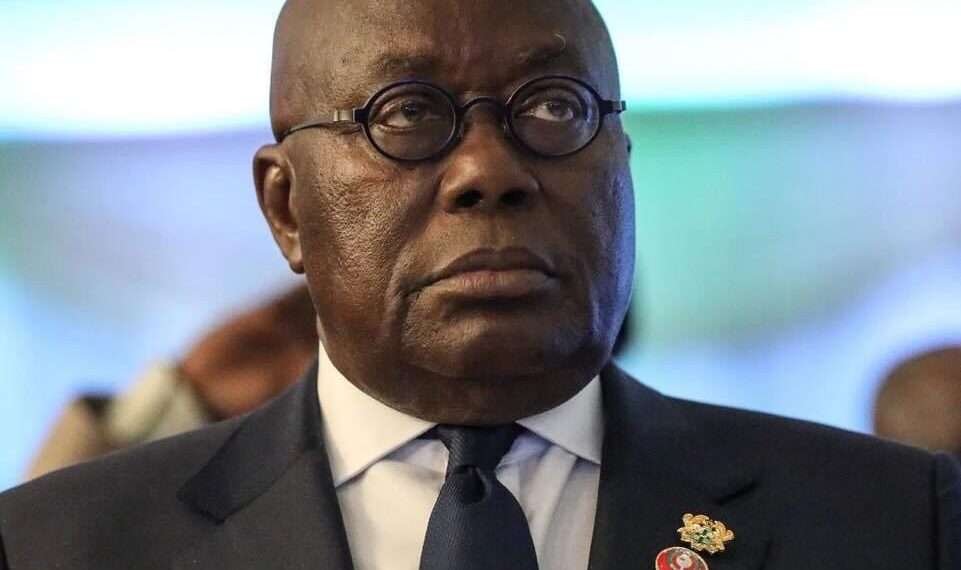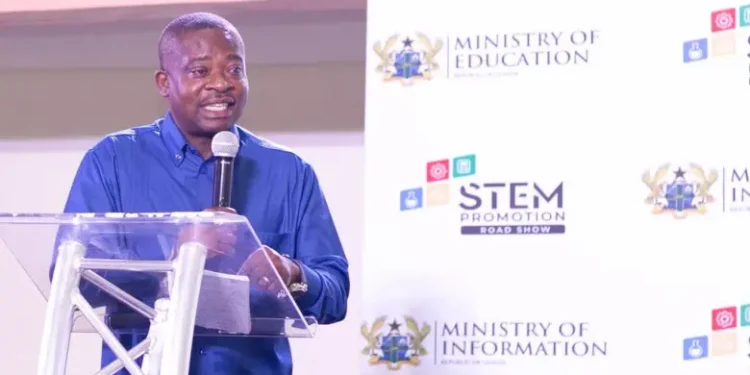Ghana’s current economic crisis, characterized by high inflation and a depreciating currency, has eroded the real value of people’s incomes, pushing more citizens into poverty. Inflation rates have escalated, significantly reducing the purchasing power of the average Ghanaian.
A recent report by the IMANI Centre for Policy and Education, detailing the findings of its Fiscal Recklessness Index, painted a bleak picture of the state of social protection programs in Ghana. The index, which juxtaposes financial irregularities in government spending against the funding of key poverty reduction programs, revealed that fiscal indiscipline is undermining critical social interventions aimed at alleviating poverty.
“The two main poverty reduction programs in our national social protection policy are the Livelihood Empowerment Against Poverty (LEAP) and the Ghana School Feeding Program (GSFP).
“How much we are actually spending on these programs as a share of GDP is lower than the financial irregularity or the fiscal recklessness in our ministries department and agencies.”
IMANI’s Fiscal Recklessness Index Report, 2024
IMANI report highlighted that the government’s failure to adequately finance these programs is exacerbating the hardships faced by the most vulnerable segments of the population.
One of the central points raised by the IMANI report is the stark comparison between the financial irregularities in Ghana’s ministries, departments, and agencies (MDAs) and the spending on social protection programs aimed at poverty alleviation.
“The average financial irregularities recorded between 2021 and 2023 accounted for about 0.7% of Ghana’s Gross Domestic Product (GDP), while spending on critical poverty reduction programs such as the Livelihood Empowerment Against Poverty (LEAP) program was only around 0.5% of GDP.”
IMANI’s Fiscal Recklessness Index Report, 2024
This means that more resources are effectively lost or mismanaged through fiscal recklessness than are allocated to supporting vulnerable populations.
The implication is dire: the money lost due to poor fiscal management could have been redirected to strengthen social safety nets, especially as more Ghanaians slip into poverty due to the country’s economic crisis.
LEAP Program in Crisis

The Livelihood Empowerment Against Poverty (LEAP) program is a key component of Ghana’s social protection policy, designed to provide cash transfers to the poorest households. According to IMANI’s analysis, however, the government has struggled to meet the program’s payment schedules.
Initially intended to be a bimonthly disbursement, LEAP beneficiaries have seen only four payments per year since 2019, instead of the expected six, according to recent World Bank report. In some instances, there have been as few as three payments annually, forcing recipients to wait up to four months between cash transfers.
According to IMANI’s report, “Because there are no revenues to fund those programs, there are delays in revenue mobilization.”
“Government is unable to fund those programs and the World Bank report on our social protection clearly shows that we don’t seem not to have enough to finance these programs.
“So, the beneficiaries on the LEAP are not actually getting their money every 2 months.”
IMANI’s Fiscal Recklessness Index Report, 2024
The inconsistency in disbursements has weakened the LEAP program’s impact, leaving vulnerable families without the reliable support they need to alleviate their poverty. This failure underscores a broader challenge in the government’s ability to fund social welfare programs, despite their critical importance in reducing poverty.
Ghana School Feeding Program Faces Inadequate Funding

Similarly, the Ghana School Feeding Program (GSFP) is facing significant challenges due to underfunding. Designed to provide daily meals to schoolchildren in an effort to improve school attendance and reduce child hunger, the program has struggled to meet the growing demand.
In response to caterers’ complaints about the inadequacy of the funding, the government increased the allocation per child from GHS 1.00 to GHS 1.20 per meal in the 2023 budget. However, even this slight increase falls far short of what is needed to provide adequate nutrition.
With over 3.8 million children benefiting from the GSFP and an average of 180 school days per year, the program requires substantial resources.
“The total cost of financial irregularities between 2021 and 2023—amounting to approximately GHS 4.9 billion—could have been used to increase the daily meal allowance to GHS 6 per child, five times the current allocation.”
IMANI’s Fiscal Recklessness Index Report, 2024
The failure to recoup these lost funds due to fiscal mismanagement highlights the severe consequences of financial recklessness on social welfare programs.
Broader Implications of Fiscal Indiscipline
The IMANI report does not stop at the LEAP and GSFP programs. It highlighted the broader implications of fiscal recklessness on other social interventions, such as the Free Senior High School (SHS) program.
Reports have surfaced showing the poor quality of food being served to students under the Free SHS program, a situation that IMANI argued could be mitigated if financial irregularities were addressed and resources were allocated more effectively.
“The financial irregularities recorded between 2021 and 2023 amounted to nearly 90% of the total spending on the Free SHS program between 2017 and 2021.”
IMANI’s Fiscal Recklessness Index Report, 2024
This illustrates the massive opportunity cost of financial mismanagement, which diverts critical resources away from essential social services.
The IMANI Centre for Policy and Education’s Fiscal Recklessness Index offered a sobering reminder that fiscal indiscipline is not just a bureaucratic issue—it has real and devastating consequences for the poorest members of society.
If these challenges are addressed, the government has the potential to unlock significant resources that could be used to strengthen its social protection programs and promote greater social equity.
READ ALSO: Kemi Badenoch Criticizes Starmer Amid US Election Dispute





















